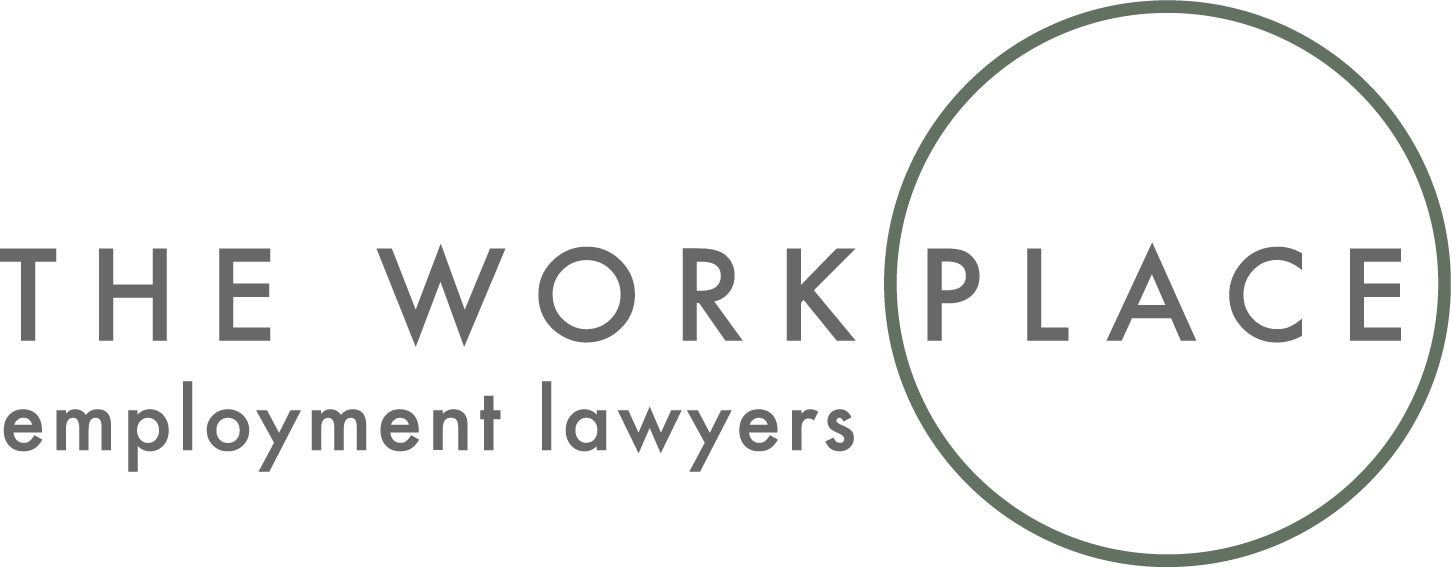Image courtesy of Shutterstock by commercial licence
After another period of significant change for business in the employment law space, it is now time to prepare for changes coming in the 2022/23 financial year.
The most significant of these changes arises from the Fair Work Commission (FWC)’s recent annual wage review, a decision that will impact employers and employees against rising inflationary and cost of living pressures.
For the first time since the annual review decision in 2010/11, the FWC has moved away from a uniform percentage wage increase and implemented a 2-tier wage increase methodology to provide more significant percentage increases to lower paid employees.
While this will compress wage relativities between award classifications, the FWC considered this approach was necessary to provide a greater level of support to lower paid employees (the majority of whom are female and who are mostly younger workers according to Government data).
What is the increase to the National Minimum Wage?
The national minimum wage, which applies to employees not covered by a modern award or enterprise agreement, will increase by 5.2% from 1 July 2022.
The new national minimum wage will be $812.60 per week (full time) or $21.38 per hour. This is an increase of $40 per week or $1.05 per hour from the 2020/21 rates.
What is the increase to minimum award wage rates?
The award wage rates will increase by 4.6%, subject to a “floor” requiring there to be at least a minimum increase of $40 per week to full time, adult award classifications.
This means that:
where an award currently provides, at a particular classification level, for a full time, adult weekly base rate below $869.60, that weekly base rate will be increased by a flat $40 per week (for full time employees); and
weekly base rates that are currently above $869.60 per week, at a particular classification level, will be increased by 4.6%.
The effect of this is that in most awards, the 4.6% increase will apply to the C10 rate, or trade level, and the flat $40 increase will apply to the lower classifications.
For example, in the Clerks – Private Sector Award 2020 (Clerks Award), the Level 1 – Year 1 weekly rate will increase by $40 (approximately 4.9%) and the Level 5 rate will increase by 4.6%.
All wage related allowances will also be increased in line with the decision and expense related allowances may also be adjusted (albeit using a different methodology tied to the increase in the applicable index figure for the relevant CPI table).
When will the changes take effect?
Changes to the modern award minimum wage rates will come into effect from 1 July 2022 for most modern awards. The FWC determined that exceptional circumstances exist that justify a delayed operative date of 1 October 2022 for awards in industries including airports, hospitality, clubs and restaurants.
This will mean some employers will be facing their second wage increase in 12 months but the FWC considered this was offset against the benefit those employers received from the delayed start date of the 2020/21 increase.
What about changes to superannuation?
Changes to the superannuation guarantee (SG) rate will apply in addition to the minimum wages changes above. From 1 July 2022, the SG rate will increase from 10% to 10.5%.
Employers will need to ensure their payroll systems and any contractual arrangements are updated to reflect the changes and will need to consider the potential increased costs associated with the SG changes moving forward.
What should employers do?
a) Award covered employees
Employers should review applicable awards and adjust wage rates for award covered employees paid in line with the applicable award as necessary. Subject to any contractual commitments with an individual employee, it is not necessary to increase salaries for an award covered employee who is paid above award rates, provided minimum award conditions are met and appropriate documentation is in place.
b) Agreement covered employees
The Fair Work Act requires that you ensure the base rates of pay in your enterprise agreement at least meet the new base rates of pay in the applicable modern award. Employers should also check each applicable enterprise agreement for any other wage increase mechanisms and increase rates as required in accordance with the terms of such enterprise agreements.
c) Employees with IFAs or paid an annualised salary under certain awards
Employers should also update any Individual Flexibility Agreements in place and annualised wage schedules for salaried employees employed under an annualised wage arrangement pursuant to an applicable award, including the Banking, Finance and Insurance Award 2020, the Broadcasting and Recorded Entertainment Award 2020, the Clerks Award, Health Professionals and Support Services Award 2020, Legal Services Award 2020, Manufacturing and Associated Industries and Occupations Award 2020 and Telecommunications Services Award 2020.
The draft determinations outlining the impact of the decision on award wage rates will be published next week and finalised thereafter.
Like some help?
Need help updating your employees’ wage rates sooner or other advice about how this important decision will impact your business?
The Workplace can assist with all of your employment related needs, whether related to the new pay rates or otherwise.
A full blog post in relation to the other considerations for employers come 1 July 2022 will be posted shortly.
Please give us a call on 02 8999 3300 or email hannah@theworkplace.com.au or alina@theworkplace.com.au for assistance.
The copyright in this blog is owned by The Workplace – Employment Lawyers Pty Ltd. The content is general information only and is not intended to constitute, or be relied upon as, legal advice. The use of this blog by any person or company does not create any solicitor-client relationship between the person or company and The Workplace – Employment Lawyers Pty Ltd.

